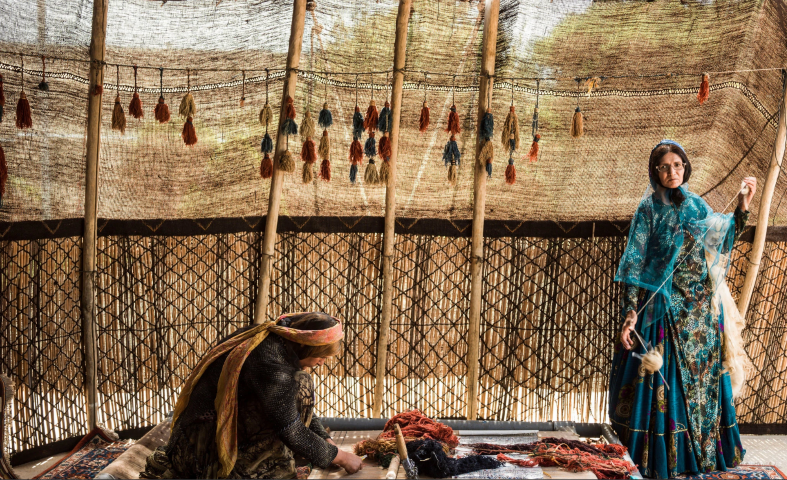Health column by Dr. Greg Feinsinger. Champion of Whole Food Plant Based Living and righteous person.
Oxidation is caused by free radicals. Rusting of metal when left out in the rain is an example of oxidation. In our bodies, oxidation contributes to aging, cardiovascular disease, cancer, dementia, and other chronic diseases.
For optimal health it is therefore important to eat food with lots of antioxidants. Animal products have few antioxidants, whereas plant-based foods have a lot. Intensely-flavored plants foods such as herbs and spices are particularly laden with antioxidants, as are intensely-colored vegetables and fruits.
Examples of intensely-colored vegetables are greens, red cabbage, red onions, carrots, tomatoes, peppers, and sweet potatoes. Examples of intensely colored fruit are mangoes, watermelon, berries, and mangoes (not bananas because the fruit is white).
You can tell if a food has lots of antioxidants by how long it lasts in your refrigerator before turning brown (a sign of oxidation). For example, kale and red cabbage keep for a long time, as do berries. If you cut an apple in half and leave it out, the white of the apple turns brown; the red or green peel doesn’t because it is loaded with antioxidants. If you cut a mango in half and leave it out, it doesn’t turn brown—it’s intensely colored, with lots of antioxidants.
In general, if you eat a variety of vegetables, fruit, whole grains, and nuts and seeds you’ll get plenty of antioxidants, as well as other health-promoting micronutrients. A variety is important because for example one plant might help prevent diabetes, another cardiovascular disease, another colon cancer, another breast cancer, etc.
Are there any super foods out there? The answer is that there is no one food or supplement that gives you all the nutrients you need for optimal health, which is why a variety is important. However, Amla, also known as Indian gooseberry, is packed with more antioxidants than any other food. It has been used for centuries in Indian Ayurvedic, Chinese, and Thai folk medicine, which doesn’t necessarily mean it works. But when put to the test in studies, it has been shown to do the following:
- A half teaspoon of Amla powder a day lowers total cholesterol by 35-40 percent—as much as statins.
- lowers LDL (bad cholesterol) as well
- lowers Lp(a), a particularly harmful kind of bad cholesterol often elevated in families with early heart disease (nothing else lowers it except a total plant-based, whole food diet)
- lowers blood sugar in diabetics
- decreases harmful blood clotting
- decreases inflammation
- prevents growth of cancer cells in a petri dish
Amla powder can be purchased on the internet.
How about anti-oxidant vitamins—which are A, C, and E—in pill form? Theoretically, they should help prevent many diseases, including cancer and heart disease. However, studies show that people who take vitamin E pills have more heart disease; smokers who take A supplements have more heart disease. We did not evolve to get our antioxidants in pill form, and the high blood levels that result can actually cause oxidation.
Bottom line: Get antioxidants through a variety of intensely-flavored and colored plant foods. But you might get additional benefit by adding a half teaspoon a day of Amla powder.



